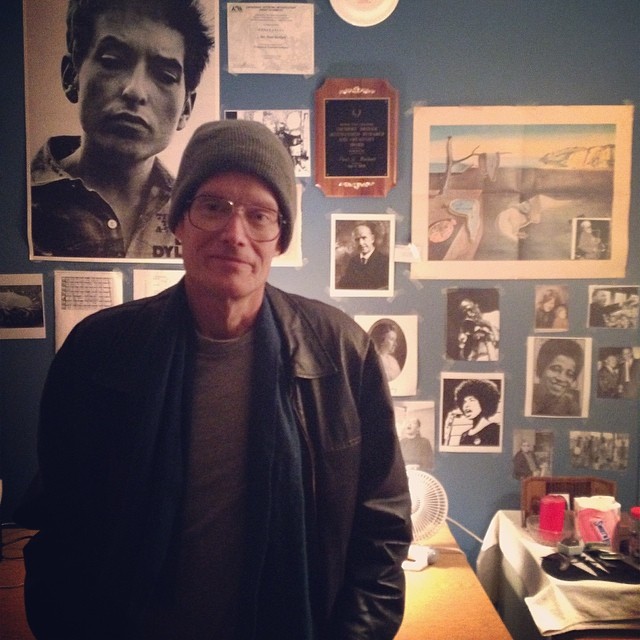Paul Burkett (1956-2024) in Memoriam. —Eds.
Originally published in Monthly Review, vol. 57: 05 (October 2005).
In developed capitalist countries, debates over the economics of socialism have mostly concentrated on questions of information, incentives, and efficiency in resource allocation. This focus on “socialist calculation” reflects the mainly academic context of these discussions. By contrast, for anti-capitalist movements and post-revolutionary regimes on the capitalist periphery, socialism as a form of human development has been a prime concern. A notable example is Ernesto “Che” Guevara’s work on “Man and Socialism in Cuba,” which rebutted the argument that “the period of building socialism…is characterized by the extinction of the individual for the sake of the state.” For Che, socialist revolution is a process in which “large numbers of people are developing themselves,” and “the material possibilities of the integral development of each and every one of its members make the task ever more fruitful.”
With global capitalism’s worsening poverty and environmental crises, sustainable human development comes to the fore as the primary question that must be engaged by all twenty-first century socialists in core and periphery alike. It is in this human developmental connection, I will argue, that Marx’s vision of communism or socialism (two terms that he used interchangeably) can be most helpful.
The suggestion that Marx’s communism can inform the struggle for more healthy, sustainable, and liberating forms of human development may seem paradoxical in light of various ecological criticisms of Marx that have become so fashionable over the last several decades. Marx’s vision has been deemed ecologically unsustainable and undesirable due to its purported treatment of natural conditions as effectively limitless, and its supposed embrace, both practically and ethically, of technological optimism and human domination over nature.

